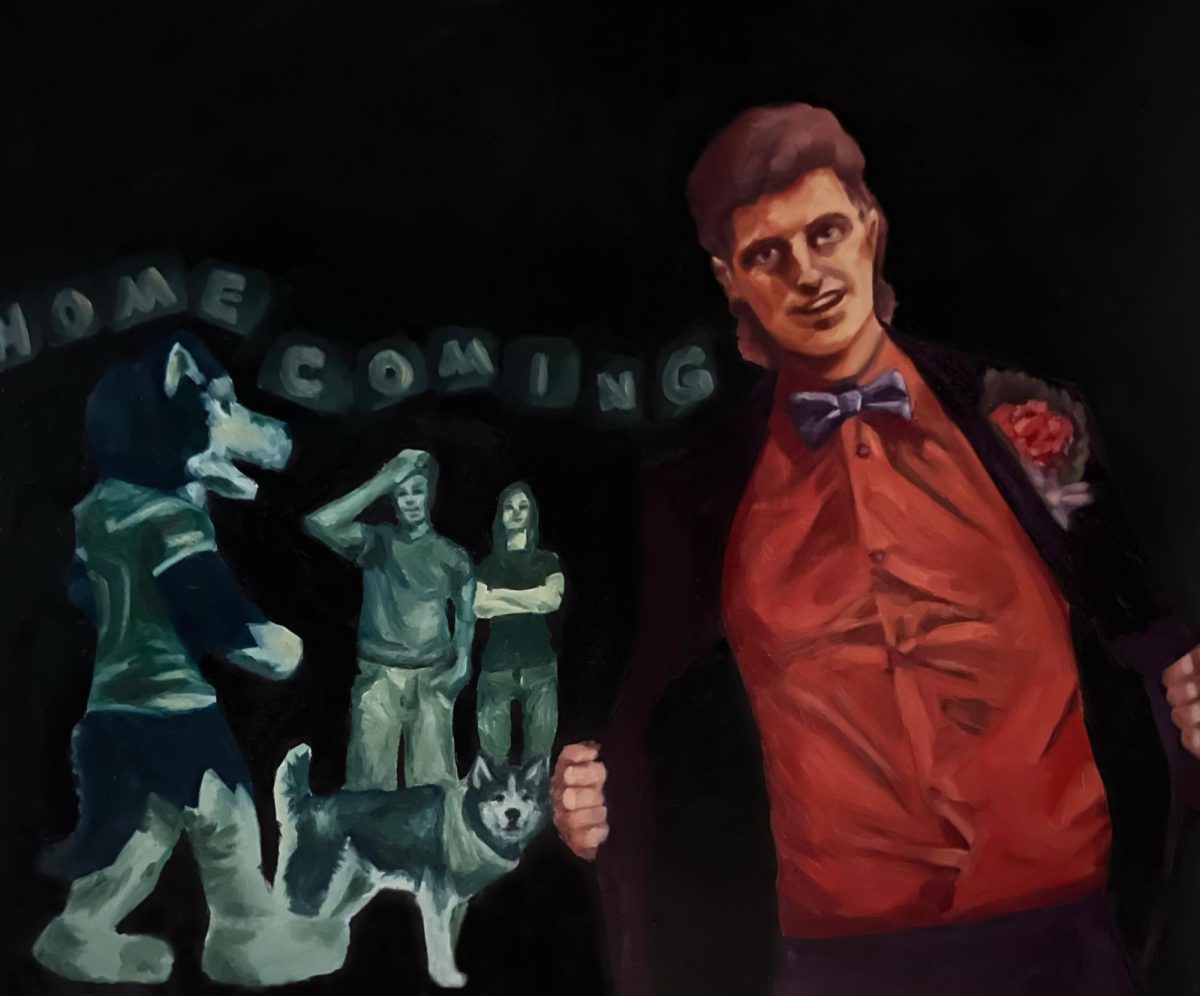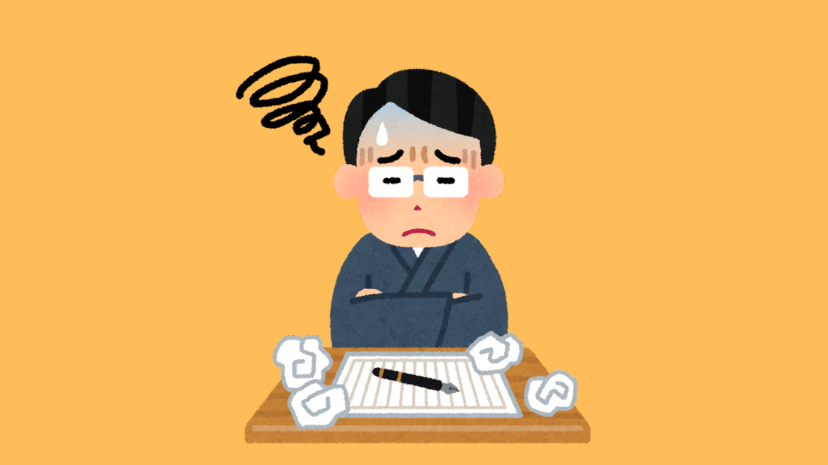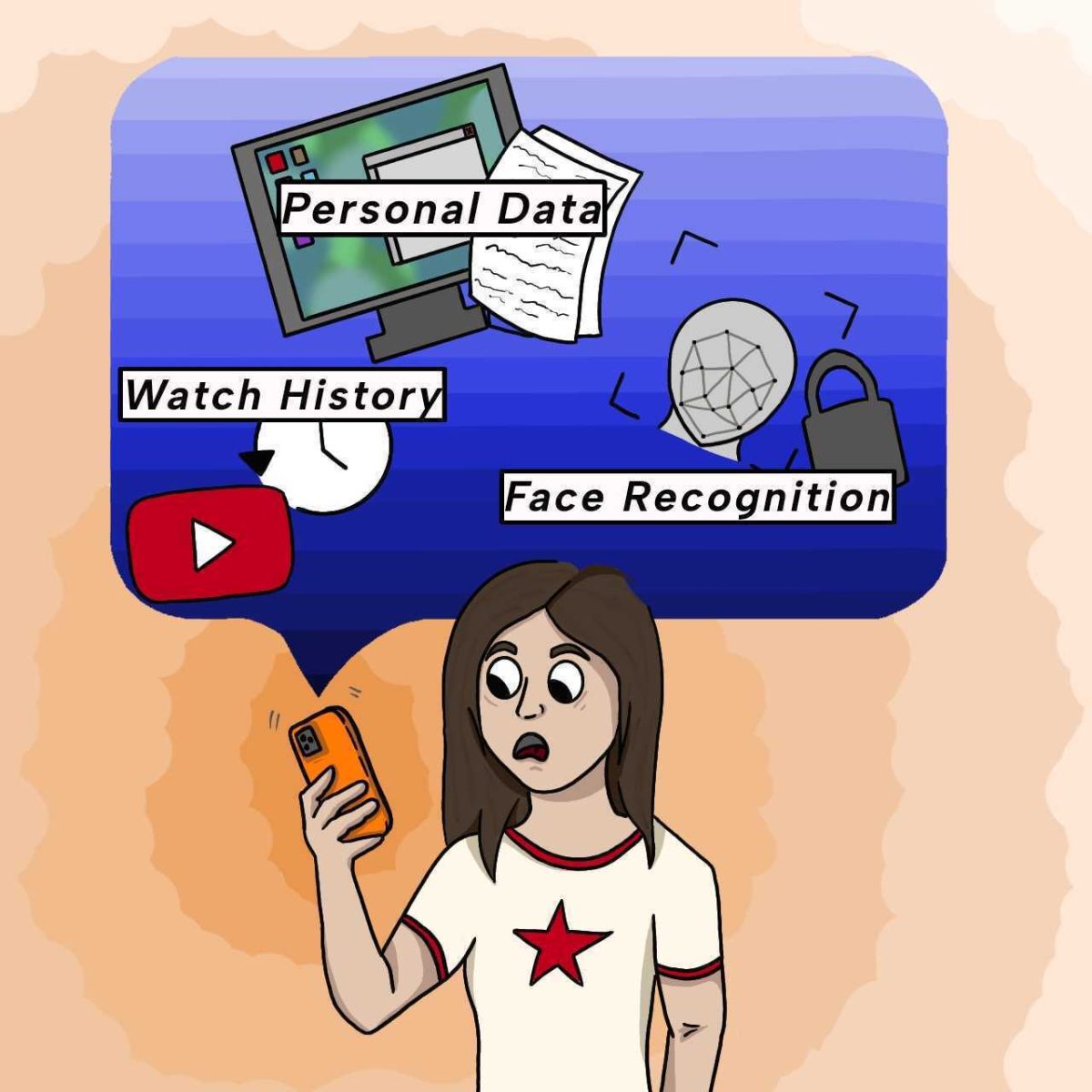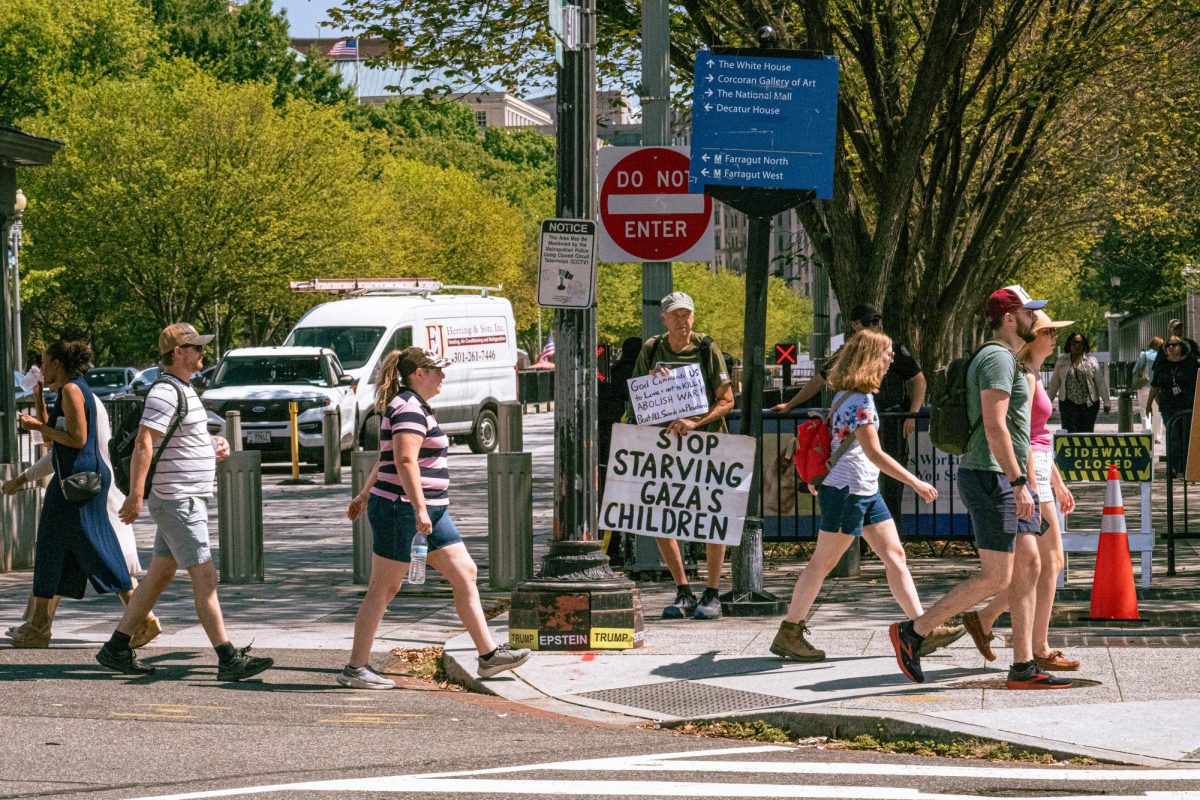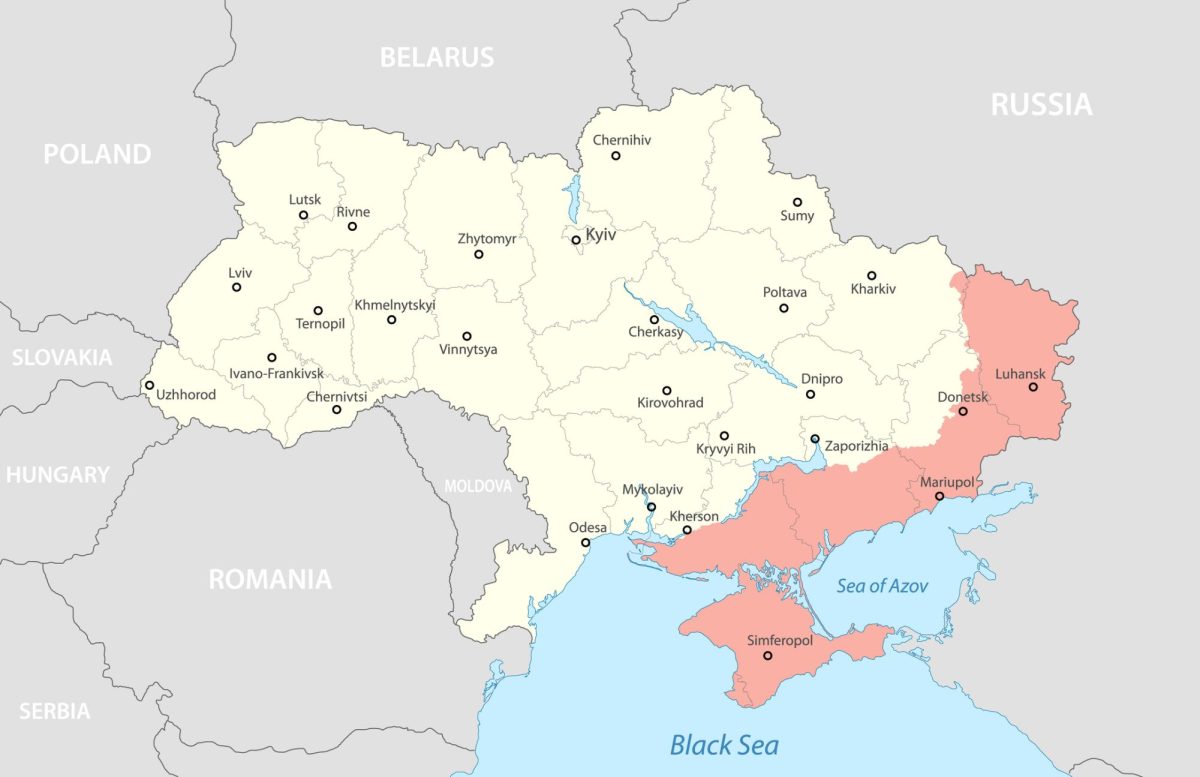The conversation surrounding banned books in America has been an ongoing topic prevalent in the media for the past several years. In a country that supposedly values free speech, books should not be banned so easily.
As of June, Illinois has taken the initiative in outlawing book bans with HB 2789, officially becoming the first state in the U.S. to effectively remove book bans. This law is hopefully a precursor for other states to follow.
In this day and age, a child can have unlimited access to an endless supply of media that has never been possible before.
In the age of technology, banning books is simply ineffective.
Banning books only encourages students to seek out the banned material on their own, potentially leading to a lack of understanding and misinterpretation of the material, according to Ed Post, a network of education activists.
School is a place where students should be allowed to engage in open dialogue and difficult conversations. School systems must engage in a well-rounded education.
Melanie Koss, a professor of literacy education at NIU, strongly opposes America’s ban on books.
“One of the important things about schooling is that we teach students to think critically, and books are a great vehicle for encouraging students to do that,” Koss continues, “so, when we restrict the books that children are being given access to, we restrict what we’re sharing with them about their wider world and the things that are going on around them.”
Many of the books that have been banned from schools across America contain extremely valuable lessons relevant to today’s society.
For example, Harper Lee’s 1960 classic “To Kill a Mockingbird” is one of the many books that has been frequently challenged over the years, such as William S. Hart Union High School District in California’s recent ban of the book following parent complaints over its racist epithets.
A common argument against “To Kill a Mockingbird” is that its themes of rape and use of racial slurs are too harsh for classrooms, according to the Banned Books Project.
However, in a time where racial inequality is as relevant as ever, it’s a poor decision to ban a book that sheds light on the reality of racism and inequality in America.
The banning of books limits young students’ exposure to different perspectives and viewpoints. Many books that have been banned, such as “To Kill a Mockingbird,” raise awareness about past social movements and historical events. Without these books, students may lack awareness of important social issues.
Along with books involving race, another common topic dealt with in banned books is gender and sexuality.
Koss believes banning books is preventing children and young adults from connecting with other perspectives.
“A lot of the books that are being banned right now are books that have intersectional identities that may not align with the dominant people in power,” Koss said. “We know that children and young adult literature affirms people. Where you feel valued, if you see yourself, you learn more about the world if you see others, and you can be ultimately changed if you’re invited in and impacted by something different from you that you see through a piece of literature.”
Not only are books being banned, but the ideas and perspectives in these books are also being restricted.
Michael Manderino, an associate professor of curriculum and instruction, believes banning books is unconstitutional.
“Every amendment to the constitution, outside of the prohibition of alcohol, they have expanded rights and access for people. So when we start talking about banning things or a default of ‘what can we remove’ rather than ‘what we can add,’ I think that actually runs pretty counter to our democratic ideals,” Manderino said.
One major concern is that it may not stop at books. As certain ideas and beliefs are being shut down in American schools, it’s easy to wonder what else could be banned next.
As a country, we should be progressing toward an accepting and open-minded future regarding topics such as race, gender and sexuality. It is difficult to imagine achieving this goal anytime soon when literature promoting these ideas is being erased from the education of the future generation.















